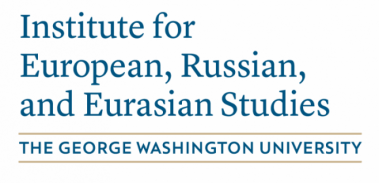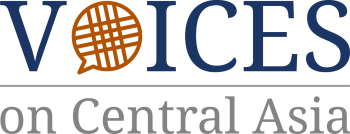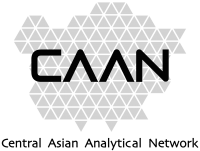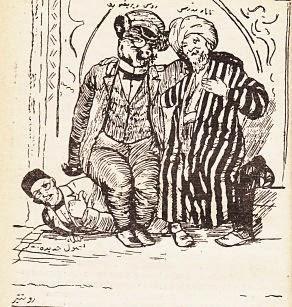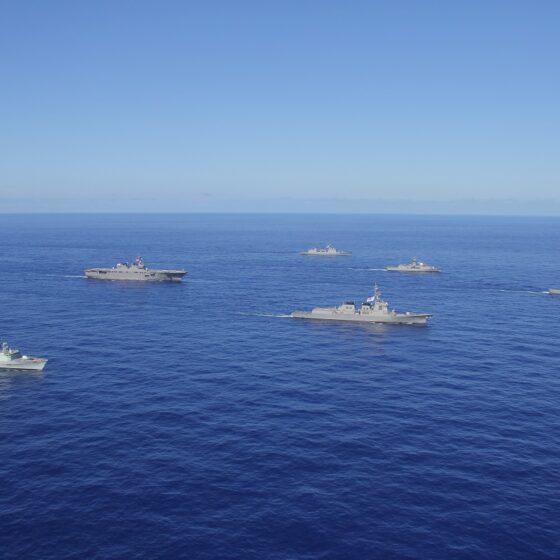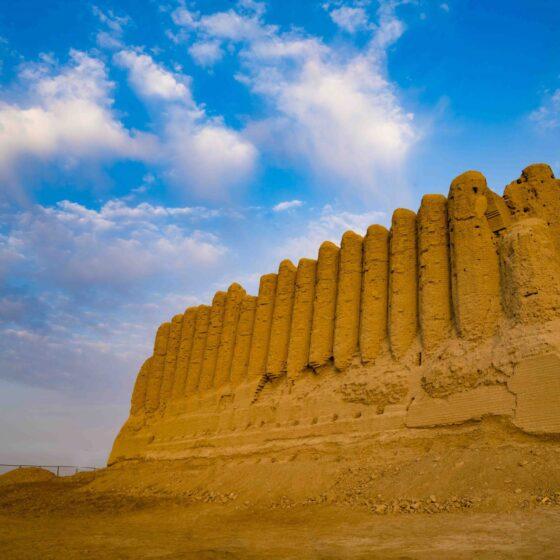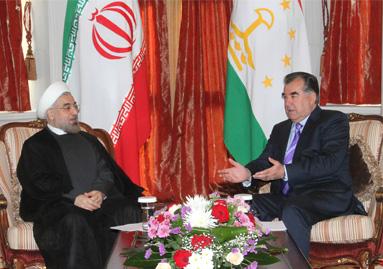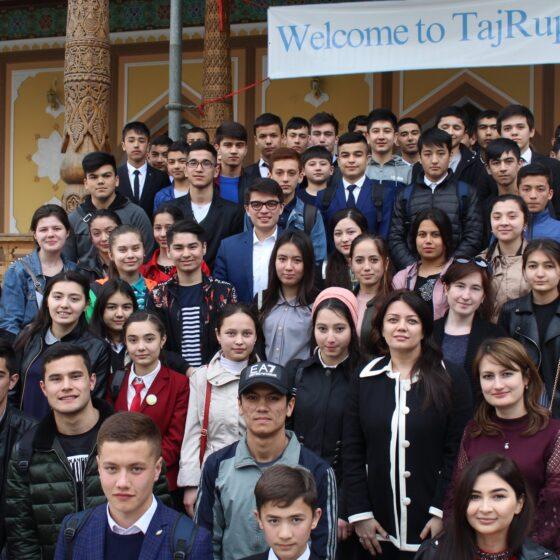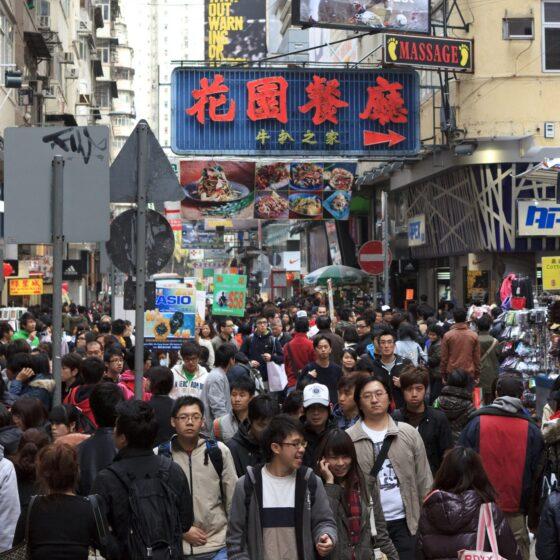
At the beginning of 2020, a perfect storm has struck international relations. The ongoing crisis in the Middle East, friction around OPEC and a sharp drop in oil prices, aggravation of relations between the US and China, and a growing dilemma of arms control – all these processes are taking place amidst the spread of the global COVID-19 pandemic. Are we entering into a new cycle of global turbulence or so-called “new normal”? In your view, what will be the long-term effect of the pandemic on international affairs?
Neither China nor the United States was prepared for the pandemic, and leaders on both sides made mistakes in not responding to the pandemic more effectively. To reduce popular criticism of the leadership on a matter that had such an impact on the public, it is tempting for leaders to appeal to nationalism and anti-foreign comments. Thus, the pandemic has intensified the anti-foreign nationalism in both countries and strengthened the anti-foreign feelings. Once aroused, the strong anti-foreign nationalism will not go away easily. The best hope is that some leaders on both sides will recognize that extreme nationalism is too dangerous and that they will begin to find areas where they can work together. World trade and communication are too intertwined to have thorough decoupling, and wise leaders who realize this will make an effort to increase communication and to put some restraint on the extreme nationalism. Leaders in other countries can be helpful in this effort to put a restraint on extreme nationalism.
Speaking about geopolitics, the US-China relations are widely accepted as a key factor in global politics. However, at this stage, the relations between Beijing and Washington are passing through a very difficult period or as some say the rise of “New Cold War”. Do you believe the US and China really escape Thucydides’s Trap? How forthcoming the US presidential elections will affect the declining trajectory of power relations between two countries?
It is absolutely essential for the world to avoid the Thucydides Trap for if there is a conflict it could be devastating. There would only be losers, no winners. Within the United States, the anger at China for its restraints on U.S. high tech companies in China, its crackdown on Uighurs and on Hong Kong, the effort to influence American opinion in the United States is so great that anti-Chinese expressions will remain strong on both sides throughout the presidential election campaign. Polls now indicate Biden is likely to be president beginning January 2021. If he is elected, there will be some efforts to reduce the anti-Chinese passions and to deal with real problems like global warming and ending the trade war. There are indications that some officials in China also want to increase discussions with the United States to reduce the conflicts. Progress will not be easy, but there are likely to be increased meetings between Chinese and American officials in an effort to reduce the effects of anti-foreign nationalism in both countries.
In your classical book “Den Xiaoping and Transformation of China”, you eloquently explained and analyzed the impact of Deng Xiaoping on China’s development in 20th Today, Xi Jinping’s China is much more confident in terms of global politics, economic initiatives, and diplomacy. How do you view the transformation of China from Deng to Xi?
When Deng began reforms and opening in 1978, China was weak and needed help. Deng realized China needed help in learning how to modernize from the West and he developed relations with Japan, the United States, and Europe to learn. Now that China is in a much stronger position, Chinese leaders are no longer so willing to make accommodations to requests by other countries. When Deng came to power in December 1978, he had fifty years of Party leadership experience, including a dozen years as a military leader and over a decade as a general secretary in Beijing. Zhou Enlai had tutored him in foreign relations and negotiating with foreign leaders. Thus in 1978, he had a thorough knowledge of the big issues and a large group of officials who had worked under him and were ready to follow his leadership. When Xi Jinping became the top leader, he had experience in local areas but not in Beijing. Thus, he had to work to gain control over the Party and chose to set up large numbers of leadership groups, which he managed himself. Deng had engaged in macro-management leaving details to others. As Xi Jinping learned about how to govern a large nation, he chose to engage in much more micro-management, managing detailed issues.
Stemming from your rich experience and classical studies on Japan and China, in your latest book “China and Japan: Facing History” you examined key factors of Sino-Japanese history, its ups and downs, and the necessity for two Asian giants to find common ground for the sake of world stability. Today both Tokyo and Beijing are actively shaping their own regional grand strategies and seeking new partnerships and alliances. In many cases, their national interests overlap in main foreign policy areas in the Asia-Pacific, that increases competition rather than cooperation. What both China and Japan should do in order to stabilize and even bring their partnership to a positively new level?
If the coronavirus problem were under control, Japan could hold the Olympics and welcome Xi Jinping to Japan. That would be a good opportunity for the two countries to improve their relations. Because of coronavirus, Xi Jinping’s visit to Japan, planned for the spring of 2020, has to be postponed so the improvement of relations will have to be slower. Since American leadership around the world is no longer as strong as it was in the days of the unipolar world, Japanese leaders must consider expanding their own role in international affairs. Many Japanese leaders would like to expand relations with China and it is a good opportunity for China to improve relations with Japan. As long as Chinese ships and planes continue to approach the Diaoyu (Senkaku) islands, it will be hard for the Japanese to expand greatly their friendship with China. Japanese leaders worry about what China might do if it expands its power and since the Chinese military and economy are so much larger than Japan’s, Japanese leaders want to have a strong alliance with the United States to reduce the risk of Chinese pressure on Japan.
The art of bending between major powers like the US, Russia, and China is a key diplomatic skill for Central Asian states. At the same time, with rising great power competition, the space for political maneuver is becoming even less. Does it mean that the “art of bending” has its limits? What are your recommendations for Central Asian states?
I am not a specialist in the Central Asian states. I think China’s efforts to build up the infrastructure in the “Belt Road Initiative” provides real opportunities for the Central Asian states since the infrastructure will provide a basis for economic growth. Since the Central Asian states are small countries without so much experience in international affairs, I think that as they carry on discussions with China about expanding their infrastructure that it would be wise to have close conversations with other countries (Japan, the United States, European countries) to get advice on how to structure contracts with China so as to protect their own interests and avoid complete dependence on China as they work with China and build up their own infrastructure.
